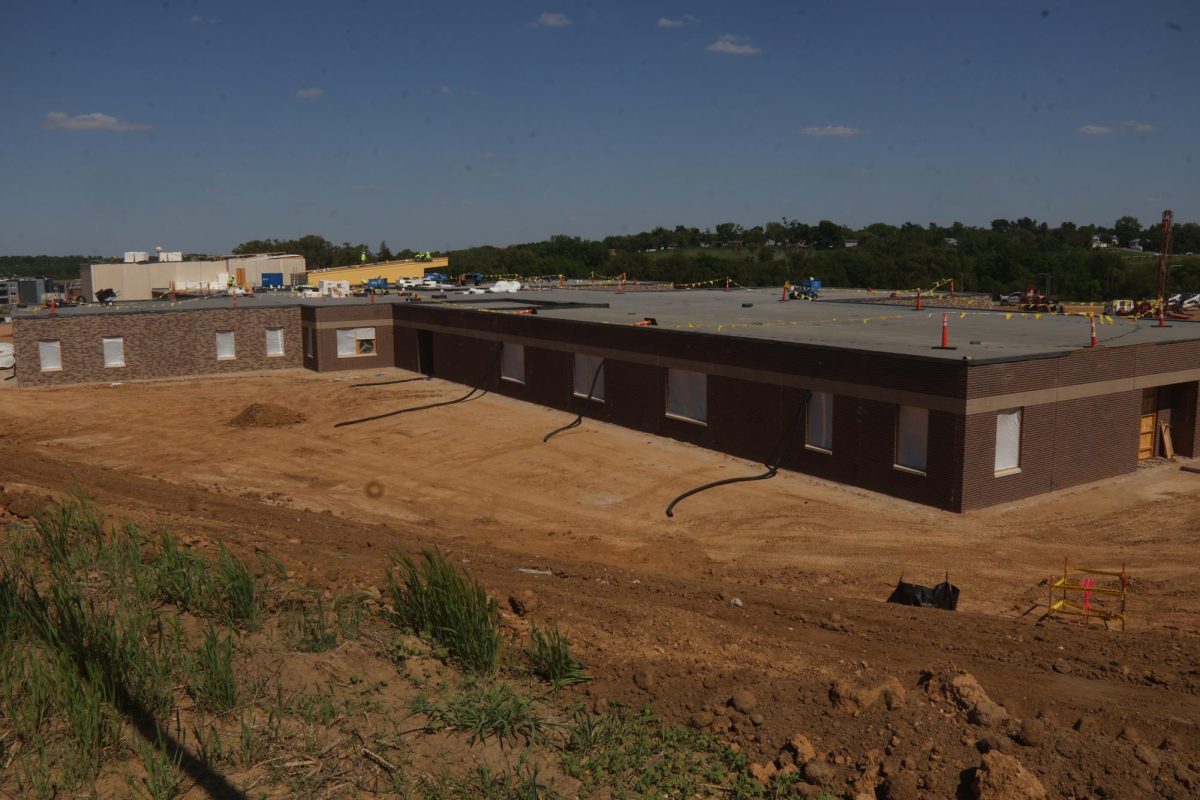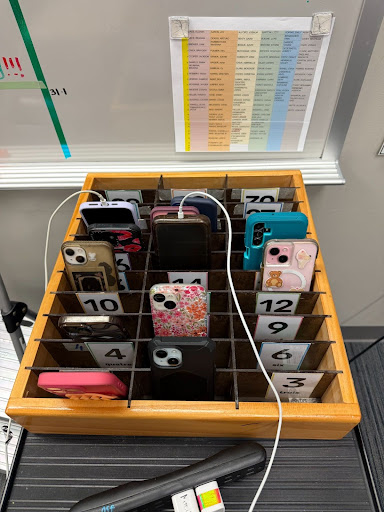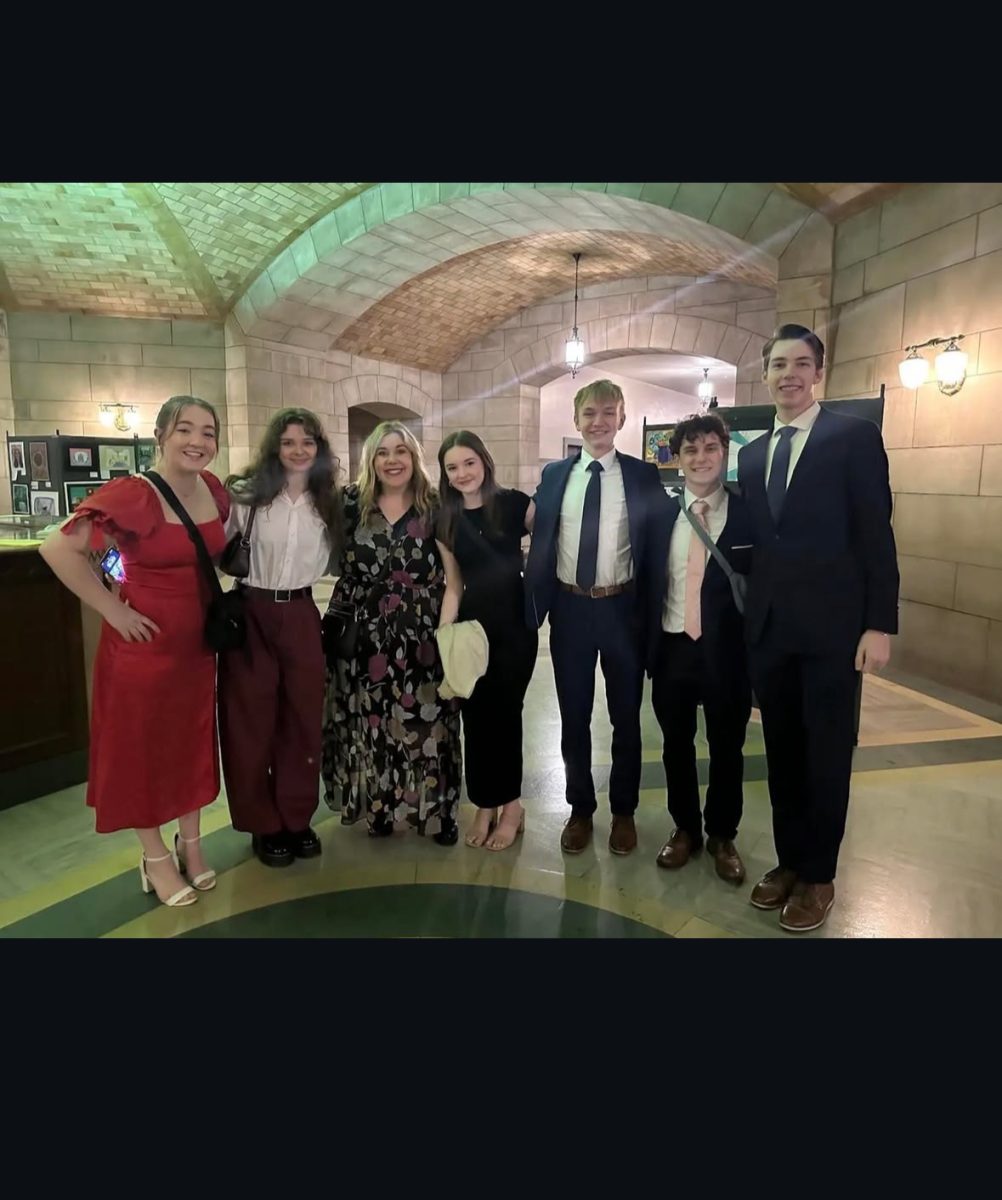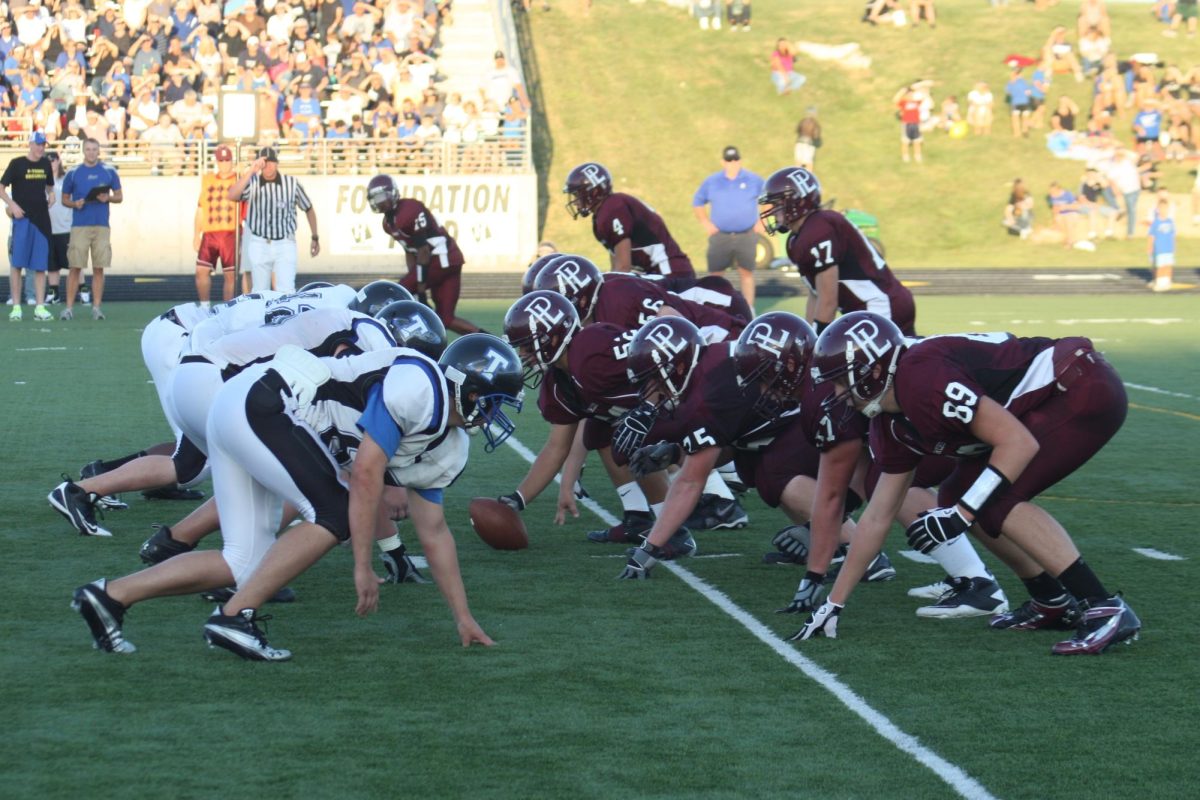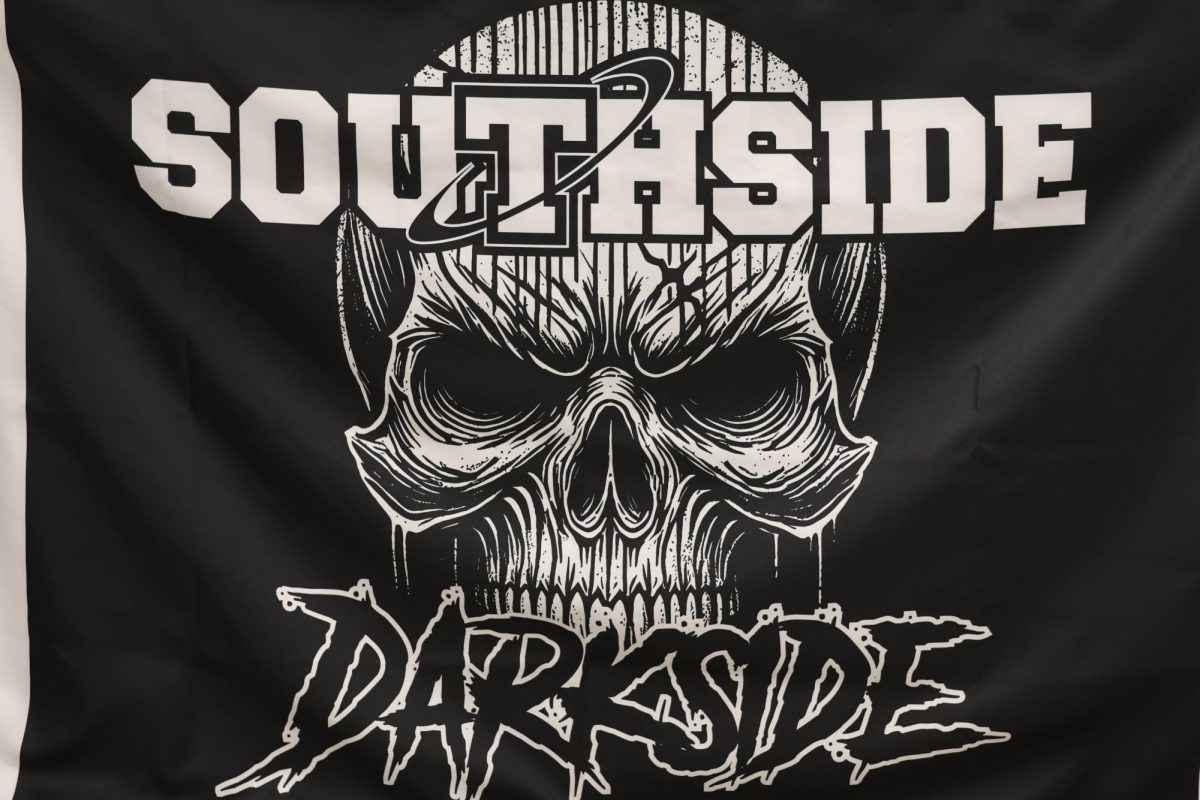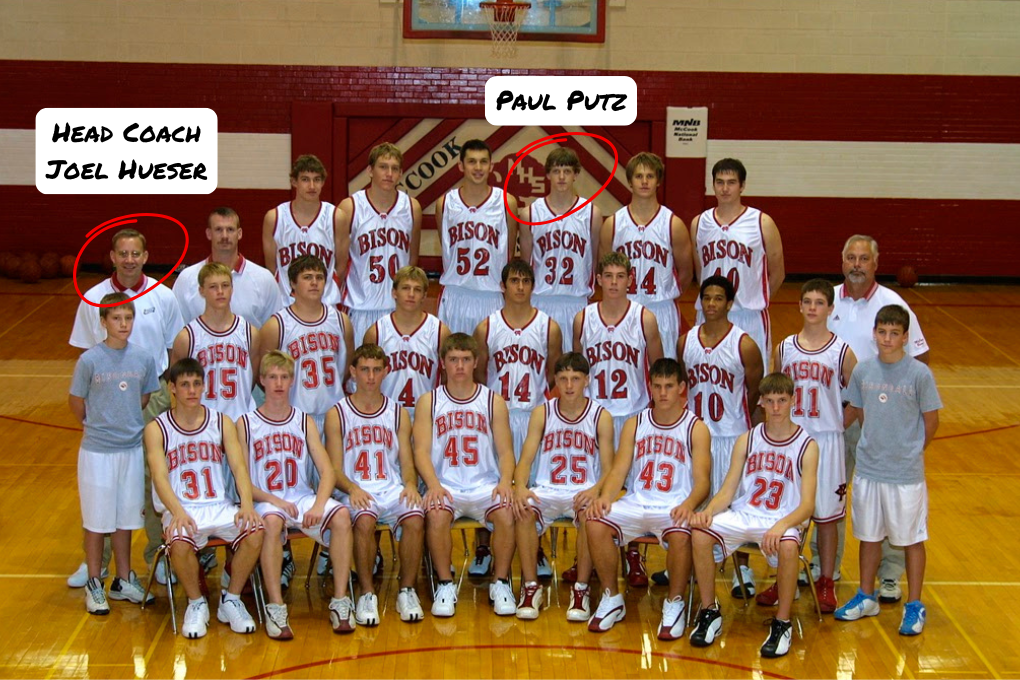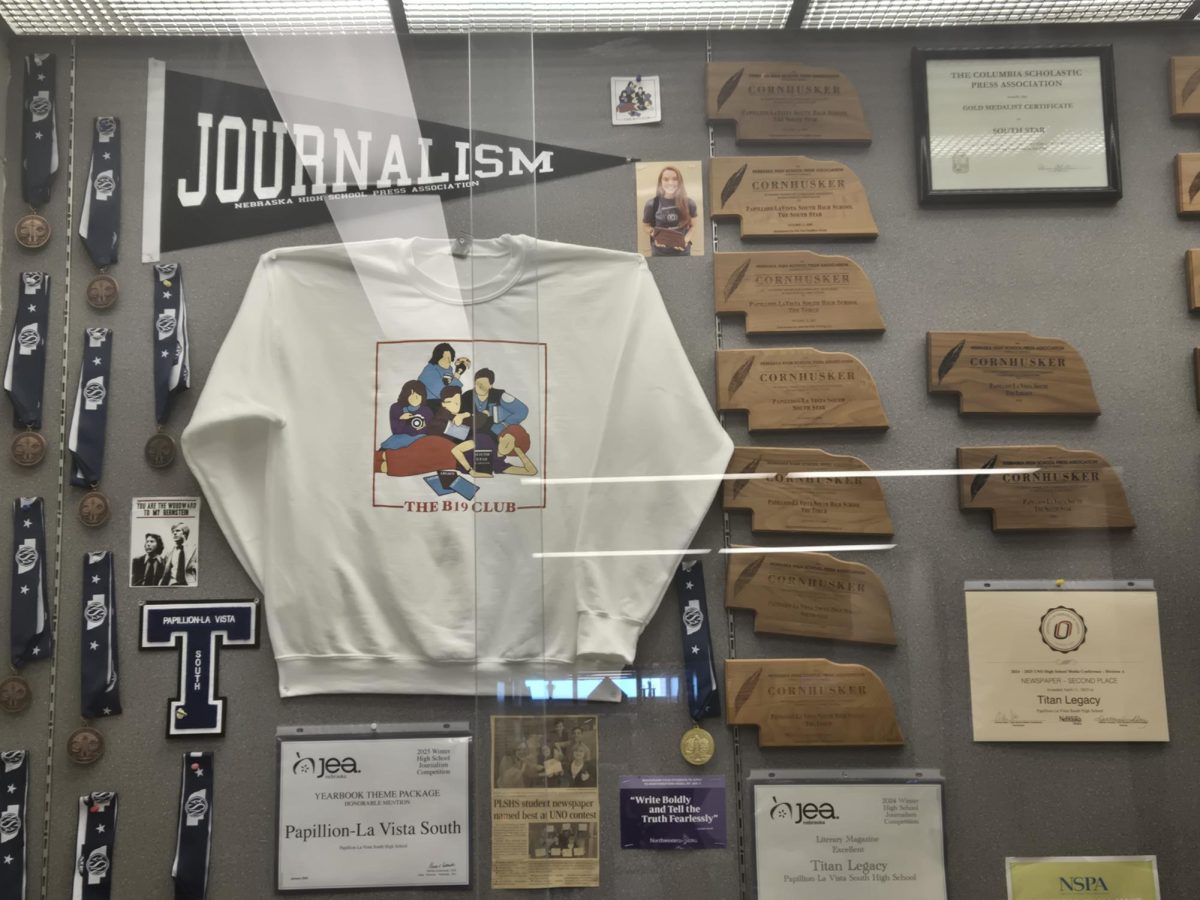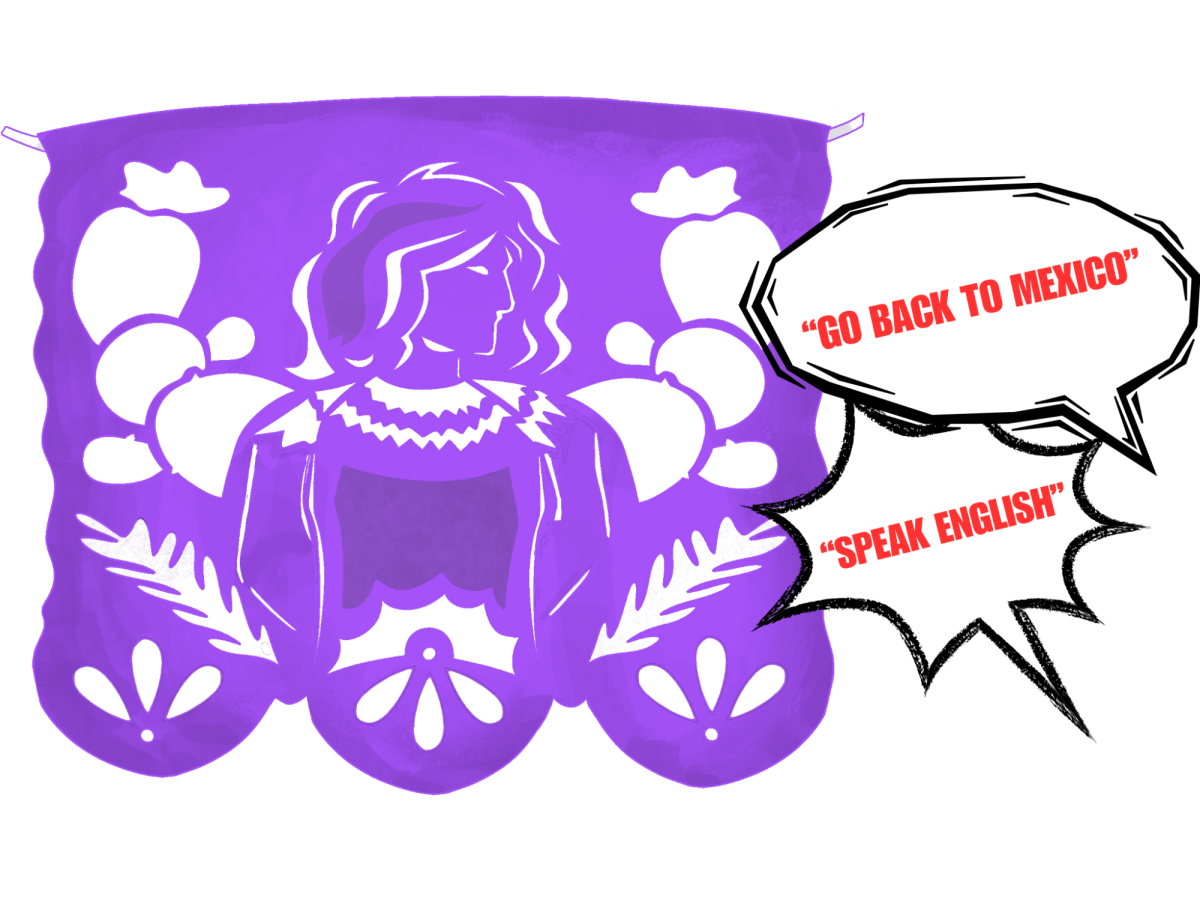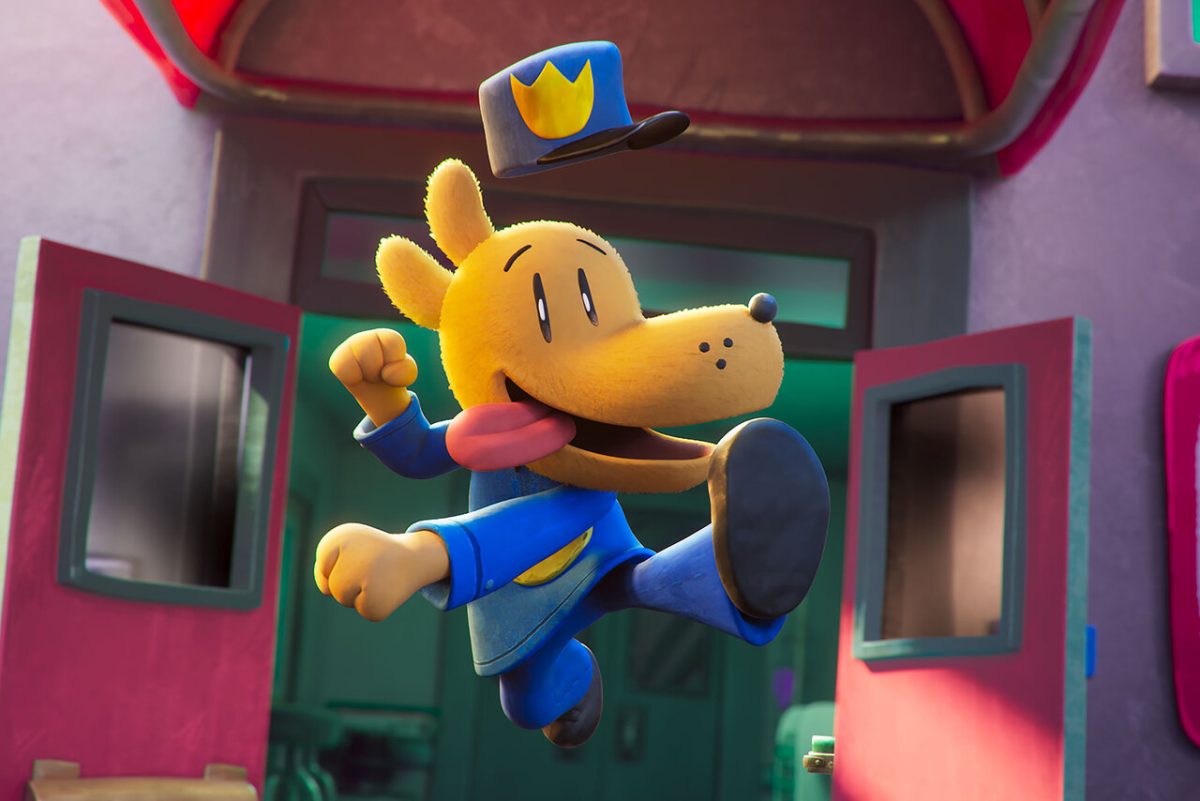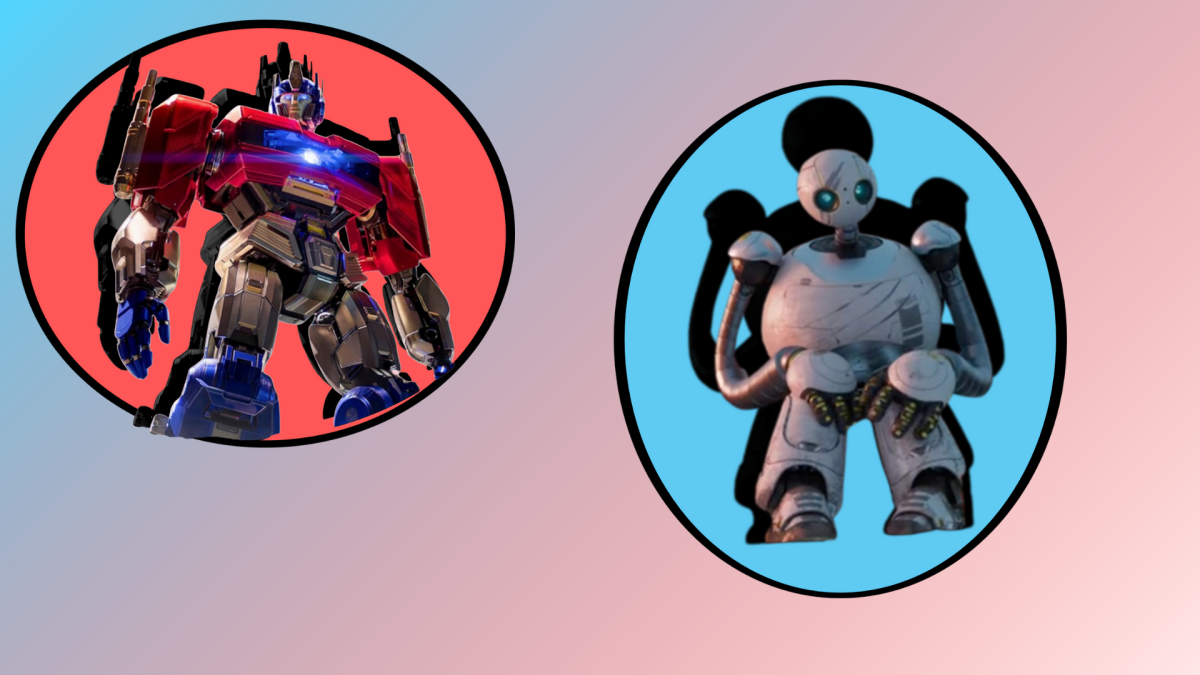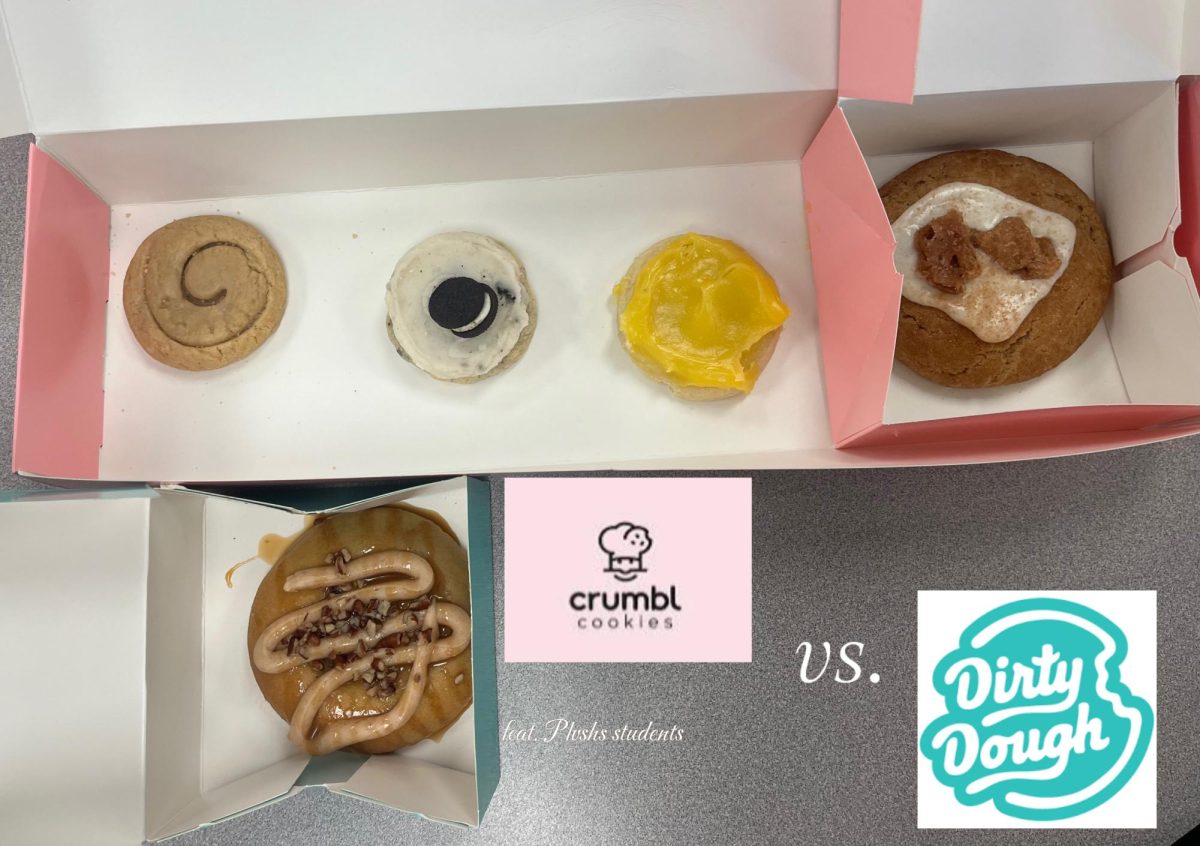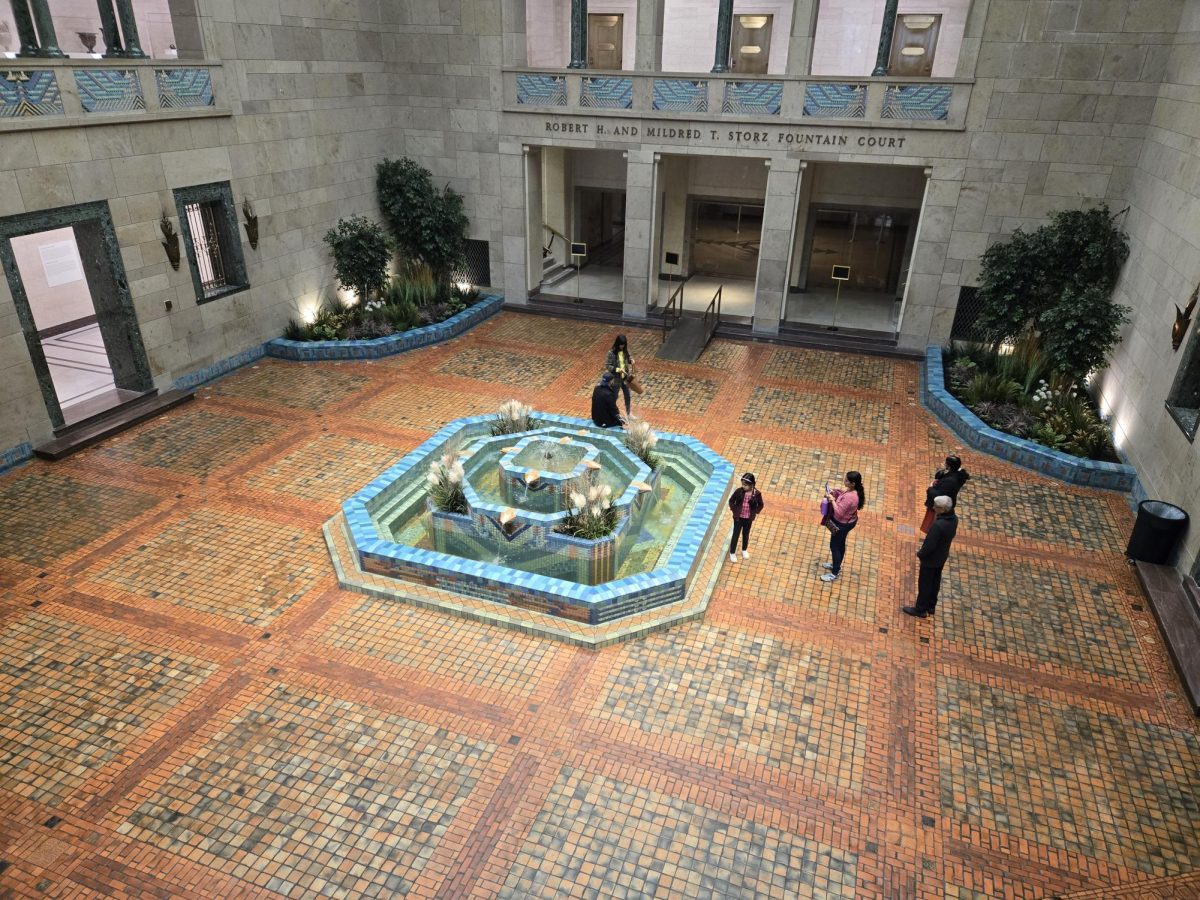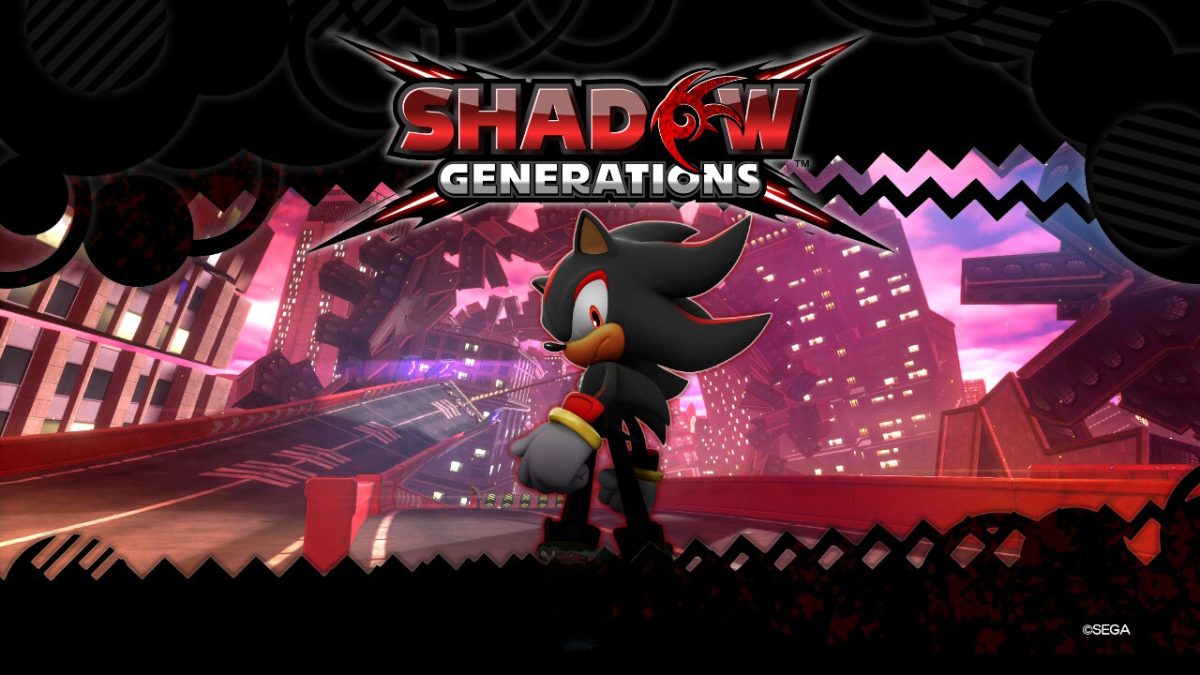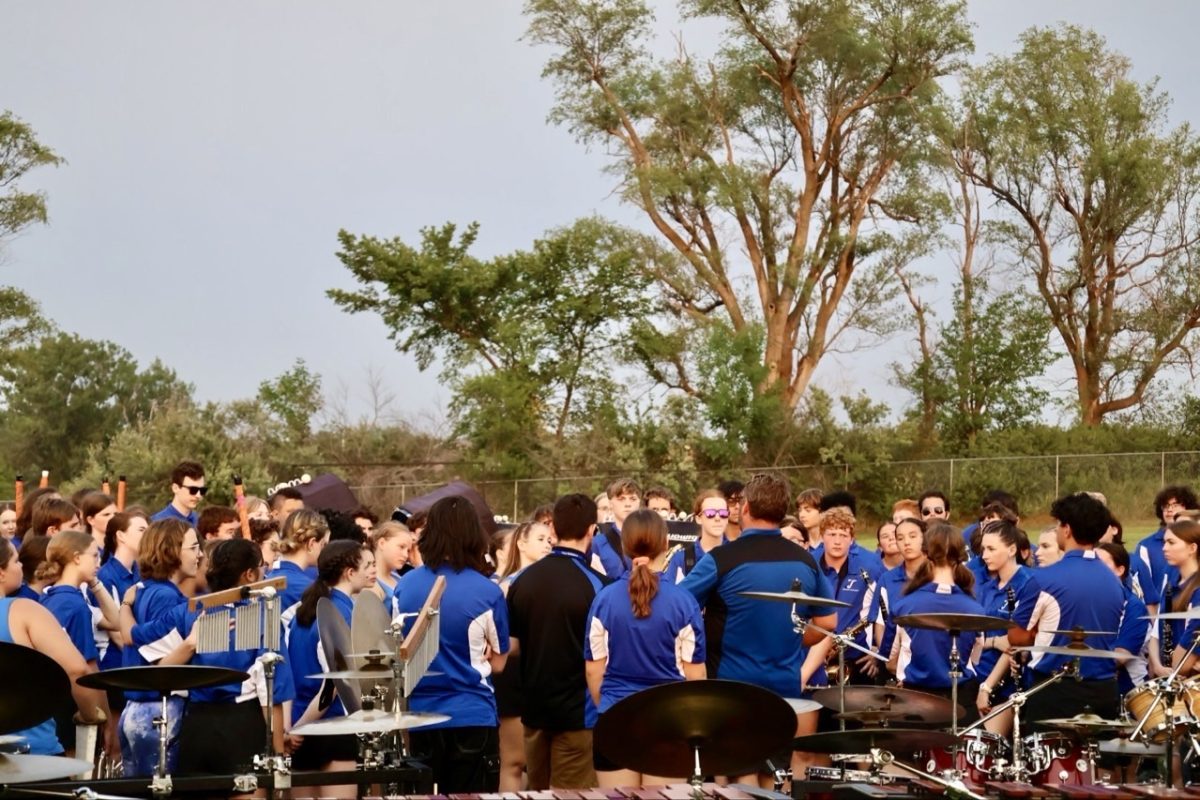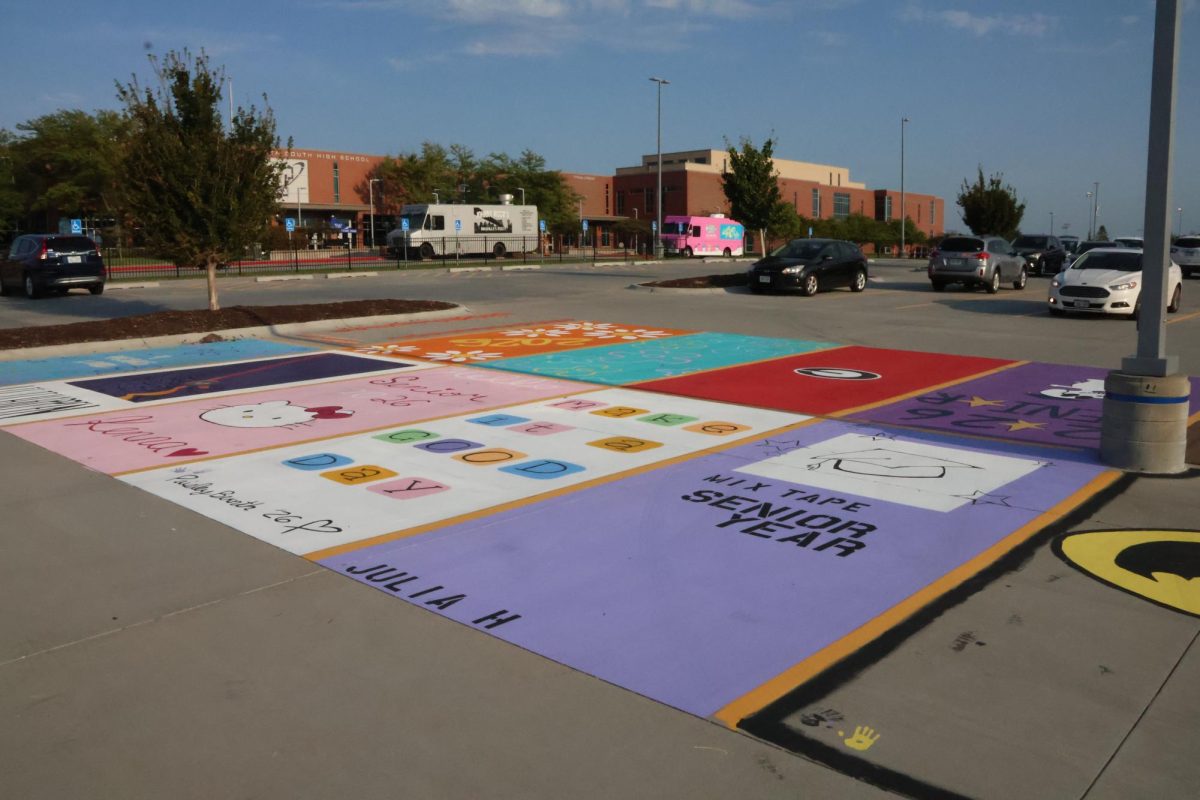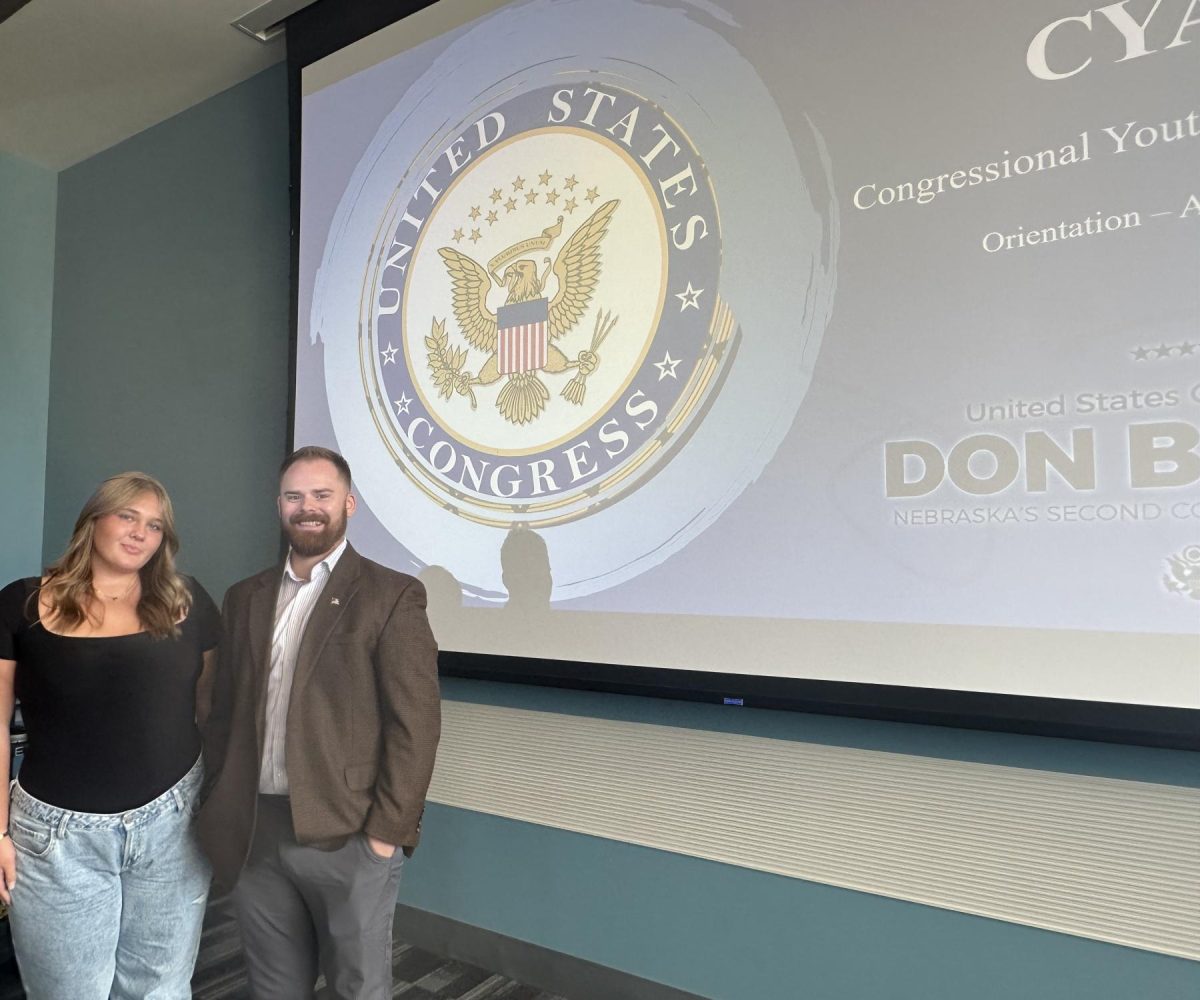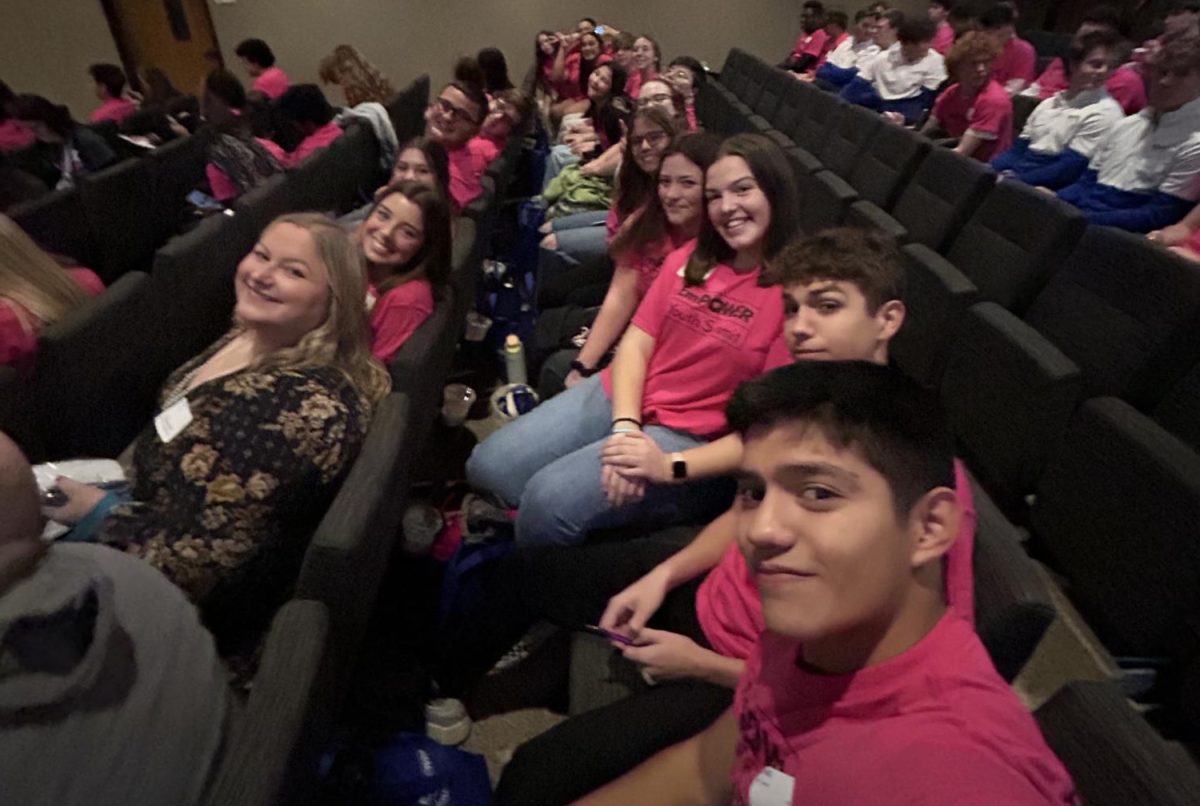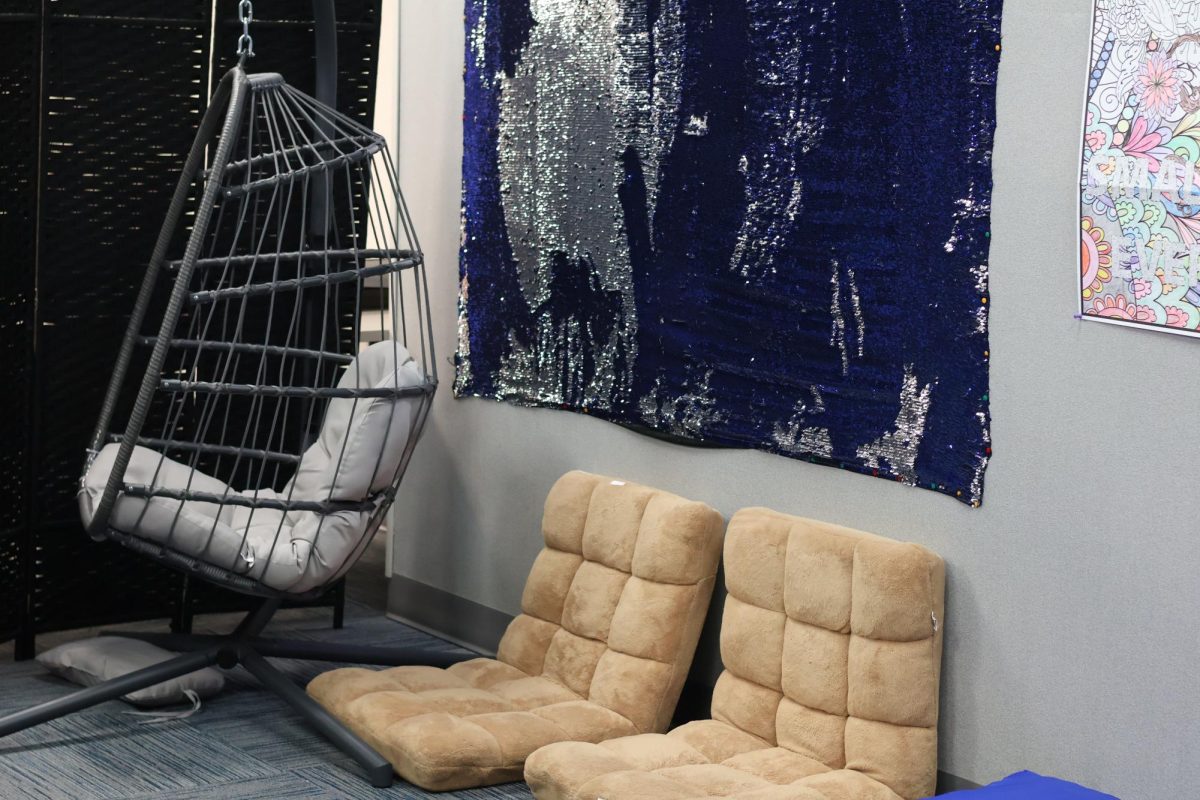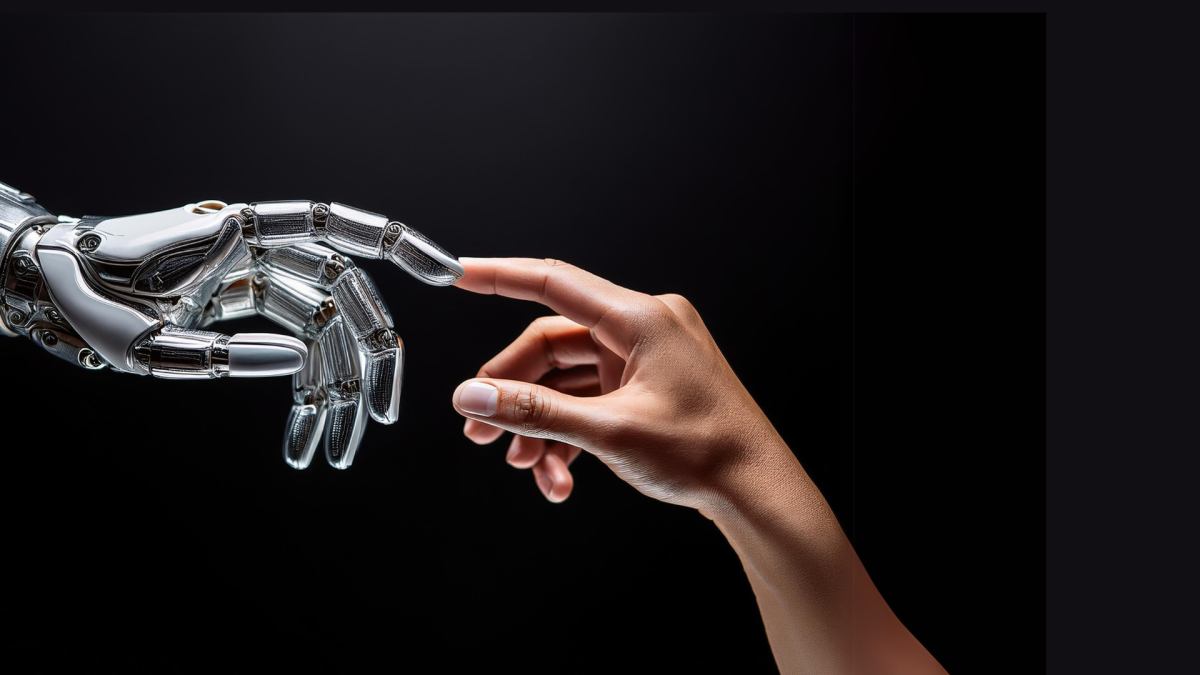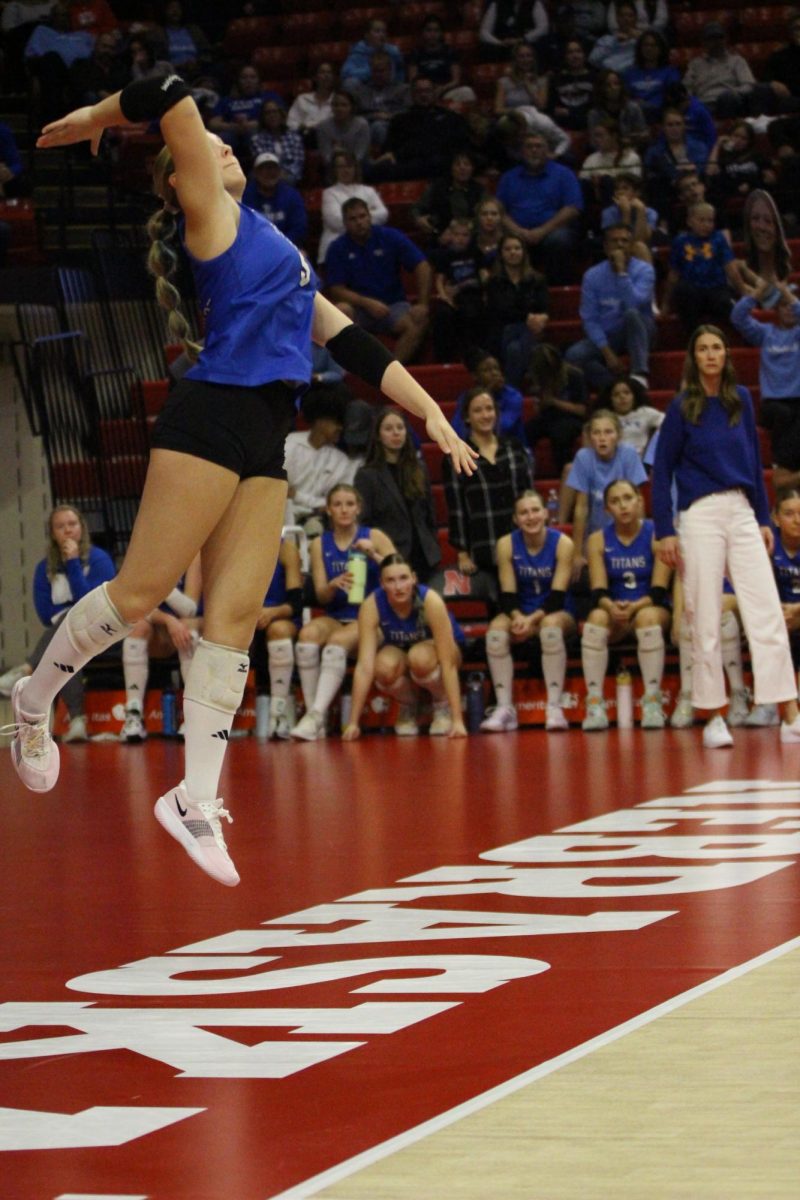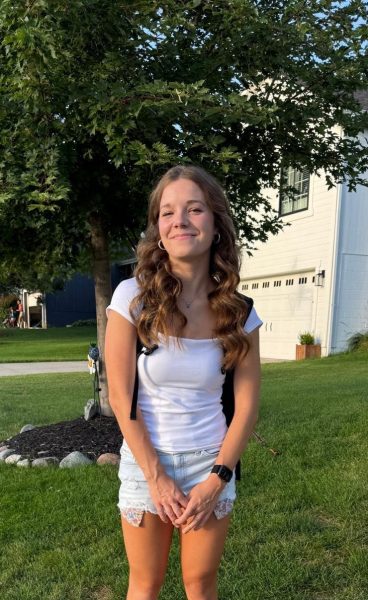I was stuck at home with a cold on Sept. 10 when I heard the news. Lying in my bed, scrolling through my phone, I saw an article published 10 minutes earlier, titled: “Charlie Kirk, Turning Point USA founder, dead at 31 after Utah campus shooting.” My jaw dropped. I was sick to my stomach.
The more I read, the more infuriated and shocked I became. Why would someone do this? Is our country really this torn apart? Will we ever recover as a nation?
Before I knew it, an hour had passed and my dad arrived home from work. I was trying to focus on a homework assignment when I heard him walking down the hall. He appeared in my doorway, and the look on his face was one I don’t think I’ll ever forget: a mix of disbelief and anger. We discussed the day’s events for about 15 minutes, and then again later that night. My family and I were shocked, appalled, and disturbed that this was the America we lived in.
My dad raised the possibility of this event leading to an all-out war within our country. Although this may sound extreme to some, it has been a serious topic of conversation for others. Whether we agreed with Charlie Kirk or we didn’t, do we need to resort to violence in response to differing political beliefs? And what could this mean for our country? To some, it is viewed as the opening shot for a much larger conflict.
From the moment the assassination happened, the political left and political right clashed – which was not unusual. But this event seemed to be a breaking point for many people.
On a podcast titled “We Must Stop This Civil War Before It’s Unstoppable” on The Lever, dated Sept. 11, David Sirota said, “[O]nce we accept deadly violence as a normal part of American life, once we convince ourselves that violence is a reasonable way to solve all of our disagreements – well, then we’re done for, that’s it. That’s the end of our civilization, and that kind of demise can go really fast.”
Although that sounds dark, this assassination could be used as political ammunition for both sides.
Shaun Maguire, an American venture capitalist and political activist, posted on X on Sept. 10, the evening of the shooting: “We’re not supposed to say this but the truth is we’re at War.” This gave me chills. It seemed maybe my dad was right. Would there be a civil war in our near future?
After the first few days of obsessively searching out news about the shooting, I reached a point where I told myself: “OK, I need to stop.” As a sophomore in high school, I know I can’t control that outcome. But I also believe it’s important to think about the things I can control.
I turned my attention to becoming more politically educated, but in a healthier way. Some internet searches helped me establish guiding principles — and served as a bit of a reality check.
I was reminded of the things I can’t control:
- OTHER PEOPLE: No matter what we do, we can’t control what our friends, family members, or anyone else thinks or says. What other people do and how they treat others is up to them.
- PAIN: Each and every one of us will experience pain in our lives whether it’s physical, emotional, or psychological. It’s part of being a human.
- EXTERNAL EVENTS: We have no control over what happens in the world.
- THE PAST AND FUTURE: What has happened is done, and the future is uncertain; we can’t change or fully predict.
- CHANGE: It’s inevitable and part of life. Many of us are terrified of change, so we cling to what we know as safe.
But also what I can control:
- ATTITUDE: We can choose our perspective to be positive or negative. We also have the power to choose what we focus on and how we interpret situations.
- ACTIONS: We choose how we respond to situations and spend our time. We are in charge of our behavior.
- COMMUNICATION: We can control what we say, how we say it, and our listening skills.
- THIS MOMENT: We can learn from our mistakes and refocus to find what good we can create in response to bad situations.
It’s easy to feel anxious right now. We often think we can control situations or people and then end up feeling bad when we don’t.
Going forward, it is essential (especially as young adults and teenagers) to be mindful of what we post and look at on social media. Social media is a huge part of our day-to-day lives and often influences what we think or do, whether we notice that effect or not. Taking a step back from endlessly scrolling is a great way to reflect and form our own thoughts on situations.
As soon as the shooting happened, I started reading as many news articles as I could find, one after another. It seemed as though I was waiting for another horrific headline to come through.
Now I’ve had time to process a bit more, and here’s what I believe: As young adults who are someday going to inherit this country, it’s important to recognize our role in the big picture and to decide the mark that we ourselves will make.


